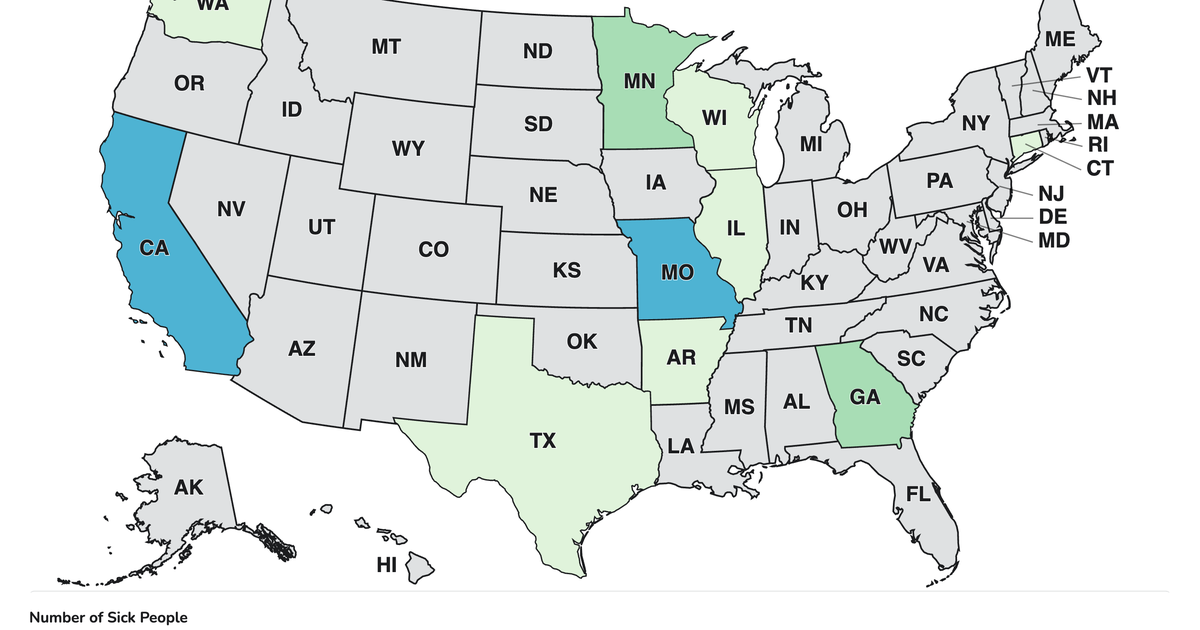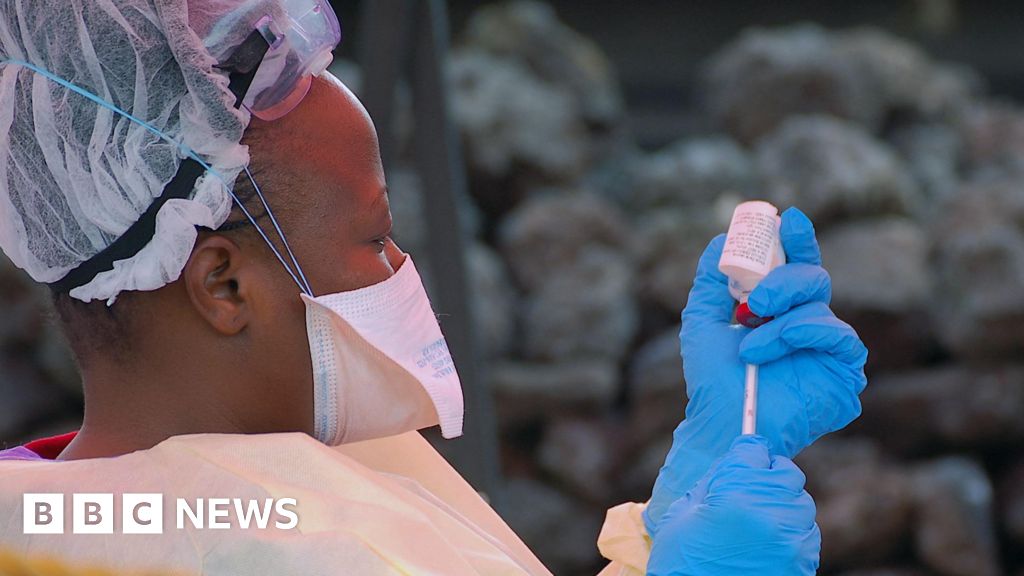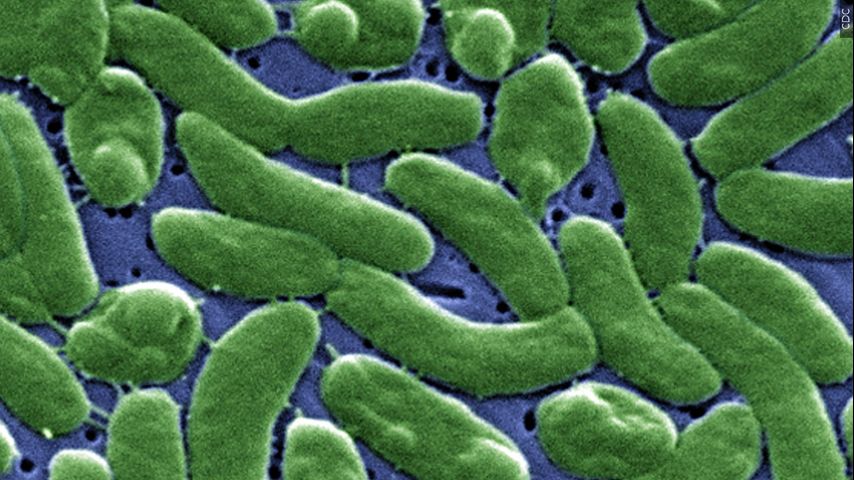Salmonella Outbreak Linked to Home Delivery Meal Service

Introduction
The recent Salmonella outbreak linked to Metabolic Meals has caused concern and fear among the public, with more than a dozen people sickened and 7 hospitalized, according to the CDC. This home delivery meal service has been the source of illness for individuals in 10 different states, leaving many wondering how this could happen and what can be done to prevent it from happening again.
Key Details
The CDC has reported that the affected individuals were located in 10 different states, including Arizona, California, Colorado, and Florida. This widespread outbreak has been linked to Metabolic Meals, a company that offers pre-made, healthy meals for home delivery. It is believed that the contamination occurred during the preparation process, leading to the spread of Salmonella. Symptoms of Salmonella poisoning can include nausea, vomiting, stomach cramps, and diarrhea, and can be particularly severe for young children, older adults, and those with weakened immune systems.
Impact
The impact of this outbreak extends beyond the individuals who have become ill. It also raises concerns about the safety and regulation of home delivery meal services. With the increasing popularity of convenient meal delivery options, it is important for companies to prioritize food safety and ensure proper handling and preparation of their products. This outbreak serves as a reminder for consumers to be vigilant and do their research when choosing meal delivery services, and for
About the Organizations Mentioned
Metabolic Meals
Metabolic Meals is a health-focused meal delivery company founded in 2009 that specializes in providing fresh, chef-prepared meals designed to support various health goals such as fat loss, improved performance, and overall well-being. The company delivers fully prepared meals nationwide, requiring no cooking—just reheating—making healthy eating highly convenient[4][1]. The organization distinguishes itself through its commitment to quality and sustainability. Metabolic Meals uses 100% biodegradable and recyclable packaging that extends the freshness of meals for 6-8 days without artificial preservatives. Their menu avoids artificial flavors, dyes, MSG, soy, gluten, and other common allergens, reflecting a strong focus on clean, nutrient-dense ingredients. They maintain a dedicated gluten-free menu for over a decade, catering to those with sensitivities and promoting health benefits like reduced inflammation and enhanced metabolism[1][3]. Metabolic Meals offers flexible, commitment-free plans that allow customers to skip weeks or cancel anytime through an easy-to-use online portal. This flexibility, combined with attentive customer support, enhances user experience and satisfaction. The company’s culinary team crafts over 30 new meals weekly, accommodating diverse dietary needs including keto, paleo, diabetic-friendly, high-protein, and allergen-friendly options[1][3][2]. With a workforce of 51-200 employees, Metabolic Meals has gained recognition for fueling nutritional research and serving professional sports teams, underscoring its industry credibility and impact. Its proprietary manufacturing processes allow an industry-leading variety of over 200 clean-label items, including breakfasts, main courses, snacks, and desserts. The company continues to innovate in product development and distribution, emphasizing inclusivity and sustainability in healthy eating[5]. Overall, Metabolic Meals exemplifies a successful fusion of health-conscious food technology, customer-centric service, and environmental responsibility in the competitive meal delivery market.
CDC
The **Centers for Disease Control and Prevention (CDC)** is the premier national public health agency of the United States, operating under the Department of Health and Human Services and headquartered in Atlanta, Georgia. Its primary mission is to protect public health and safety through disease control, injury prevention, and health promotion both nationally and globally[1][8]. Established in 1946 initially as a single "Center for Disease Control," the agency expanded and reorganized in 1980 into multiple specialized centers, reflecting a broader focus beyond infectious diseases to include environmental health, chronic disease, occupational safety, and health education[7]. The CDC comprises various centers and institutes, such as the National Center for Immunization and Respiratory Diseases, the National Center for Chronic Disease Prevention and Health Promotion, and the National Institute for Occupational Safety and Health (NIOSH), among others. These centers enable the CDC to address a wide array of public health challenges through research, surveillance, policy development, and education[2]. It also plays a key role in emergency preparedness and response, demonstrated notably during the COVID-19 pandemic, where its guidance shaped public health actions despite complex political and social dynamics[8]. Key achievements include pioneering epidemiological research, controlling outbreaks of infectious diseases, advancing vaccine safety and immunization programs, and addressing emerging health threats such as obesity and diabetes. The CDC is recognized for disseminating authoritative health information, including the widely cited Morbidity and Mortality Weekly Report (MMWR), and for its global collaborations with health organizations worldwide[1][3][8]. Currently, the CDC is undergoing organizational adjustments to focus more intensively on infectious diseases, as part of the 2025 Department of Health and Human Services reorganization. This includes absorbing the Administration for Strategic Preparedness and Response while shifting some functions like occupational safety to new entities[1]. The agency’s comprehensive approach, backed by science and government funding, positions it as a critical leader in public health innovation, disease prevention, and health security i


















